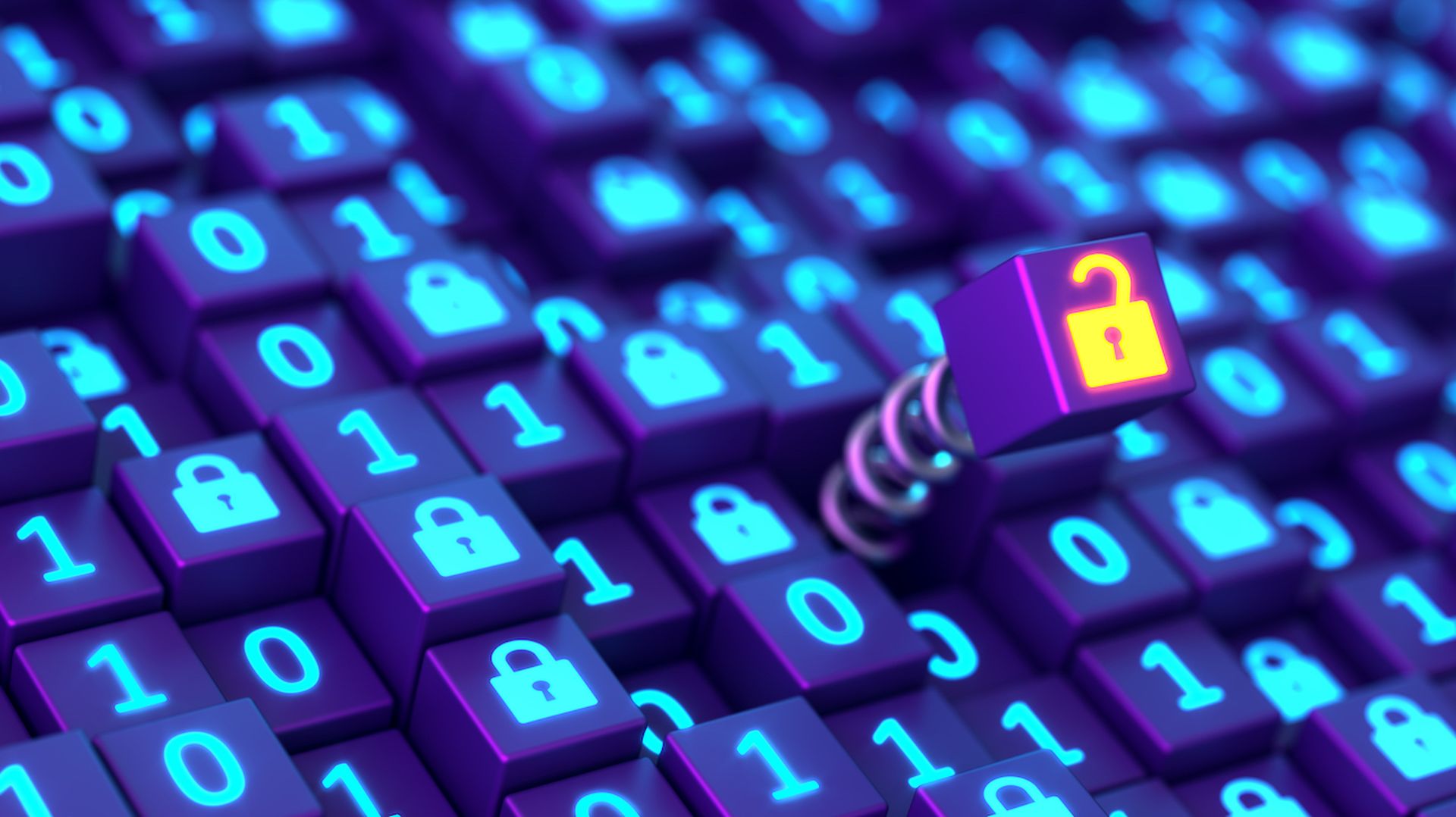With the GDPR set to change cyber-security regulation in Europe and more than nine in 10 organisations reporting a data breach in the last five years, businesses need to quickly put measures in place to prevent the loss of Personal Identifiable Information (PII).
Recent research from Lloyd's shows that 92 percent of organisations have suffered a data breach in the last five years, highlighting a growing threat of data loss within organisations. Only 42 percent are worried about suffering another breach in the future.
Furthermore, 57 percent of businesses stated that they know little or nothing about the GDPR, despite the serious financial and legal consequences of not complying with the regulations.
Joe Doyle, marketing director at Annodata stresses how important it is for organisations to take control of their sensitive data. “In light of the mounting threats organisations face in today's security landscape and with the deadline for compliance with the GDPR rapidly approaching, it's vital for organisations to address the possibility of data leakage and security breaches so these pressures can be tackled effectively.”
“Printer technology has advanced with the help of smartphones and tablets, leading to staff breaking free from their desktop computers. These mobile devices are now fully integrated within the IT estate of many organisations, affording broad functionality such as the ability to print from mobile devices and to scan to email and network drives. Although this new usability brings big benefits, new areas of vulnerability rise in parallel.”
“Businesses need to ensure they have a thorough awareness of where their data is and who has access to it. An increasing number of devices in the mix as well as ‘Bring Your Own Device' (BYOD) adoption creates increasing complexity within organisations. As a result, it's important to maintain a transparent view of which devices are accessing which systems and data. Not only this, but by introducing measures such as automated mailrooms and secure release printing, organisations can effectively guard against internal data leakage,” Doyle said.


